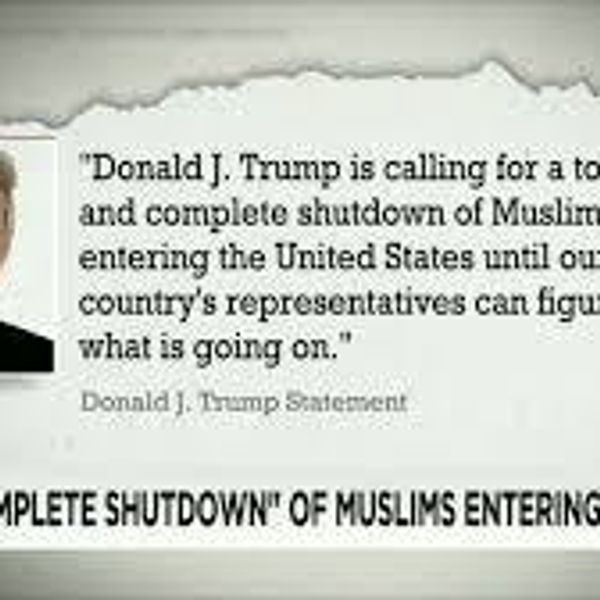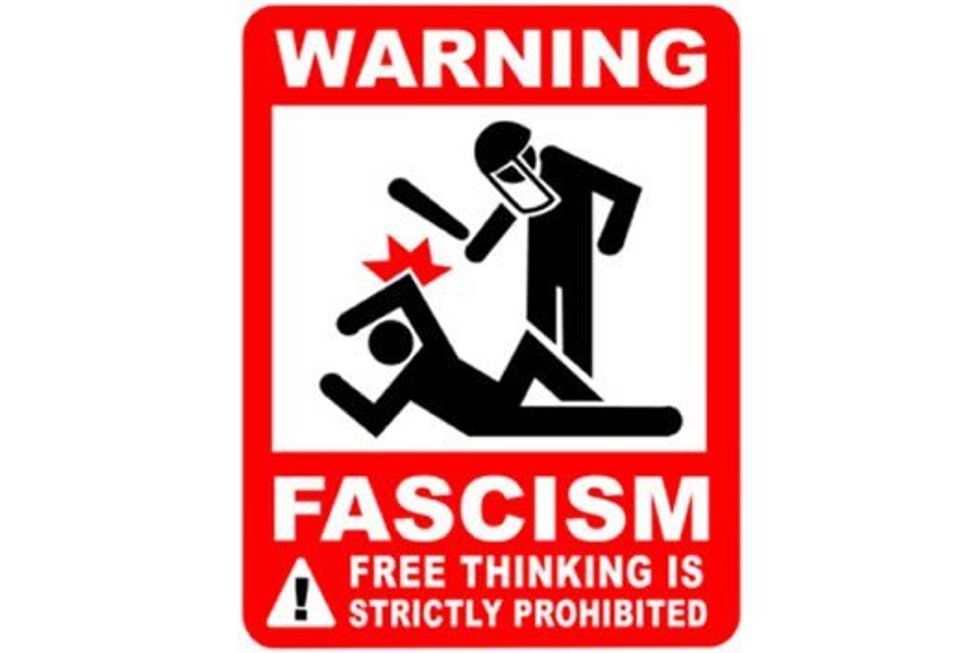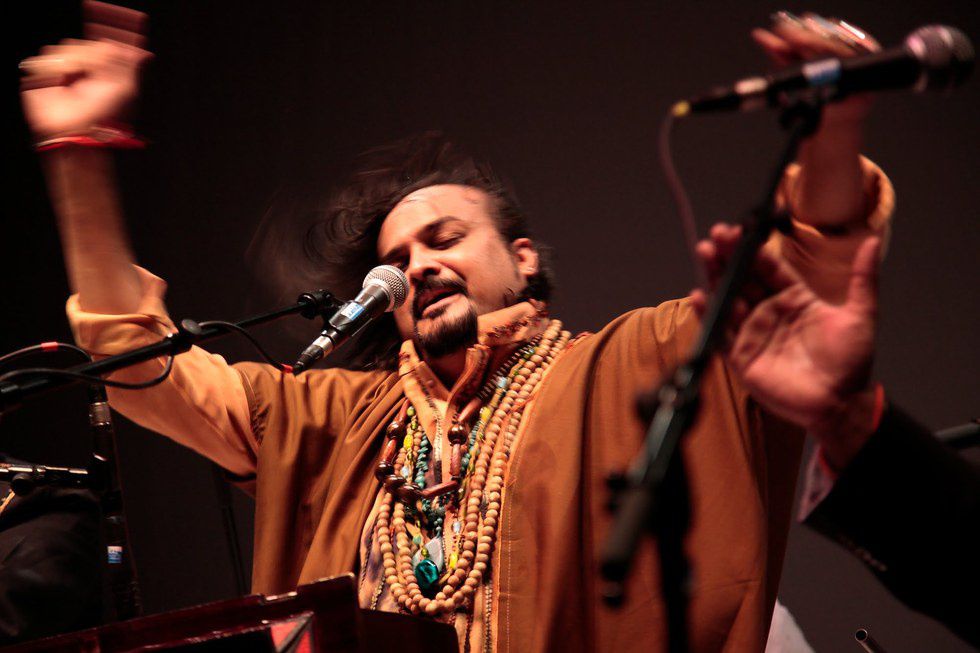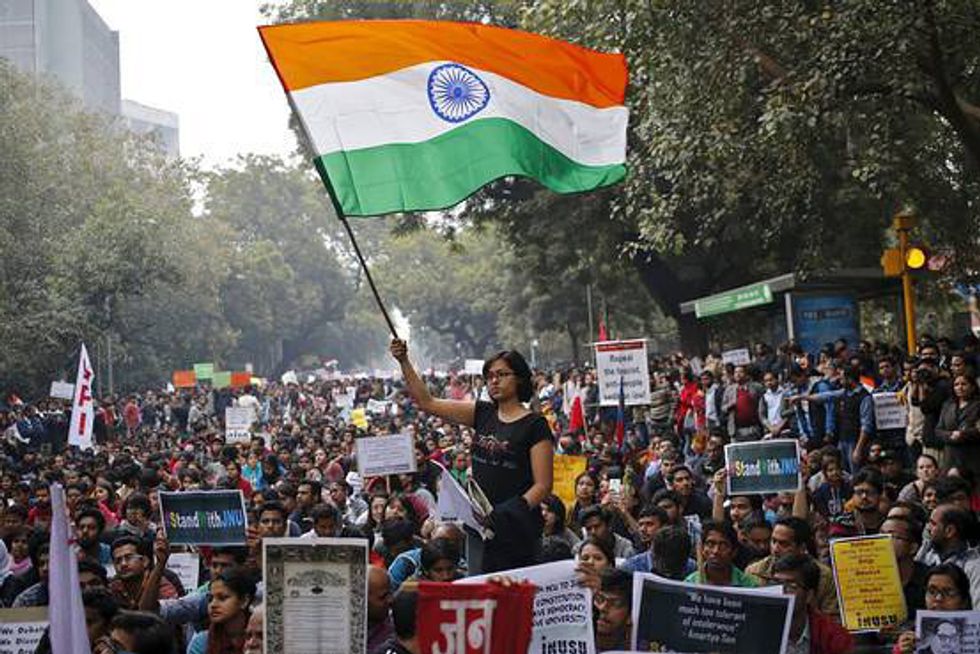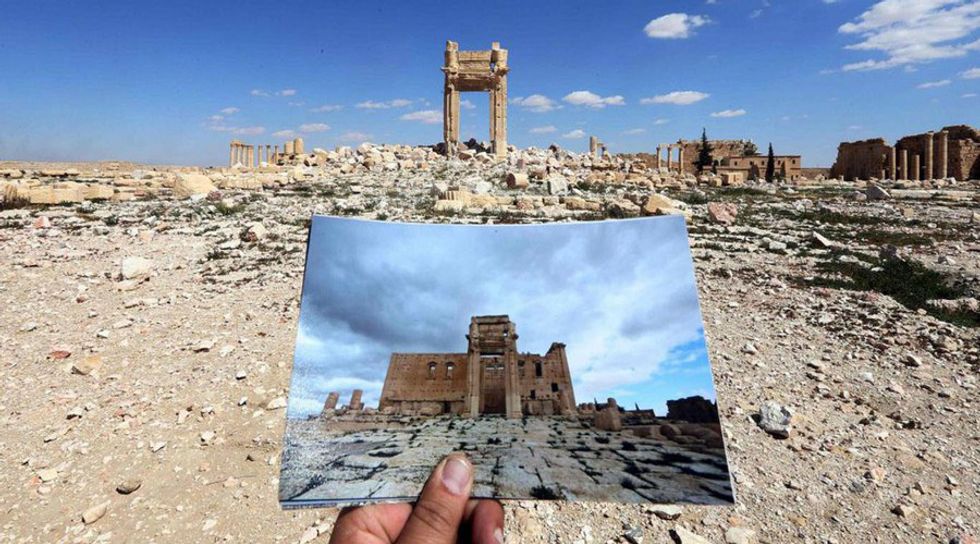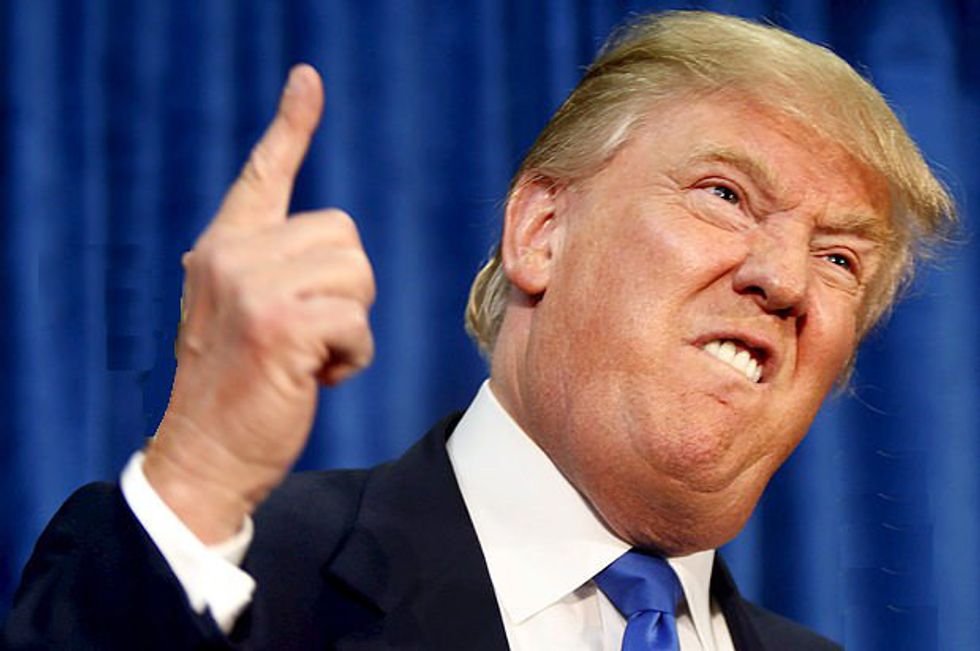As I open my laptop and settle down with a steaming cup of coffee and begin writing this article, I am still reeling from the shock of discovering that one of South Asia's most treasured contemporary Qawwals is no more. His name was Amjad Sabri and on Wednesday the 22nd of June, he was shot while travelling in his car by two unnamed gunmen in Karachi's Liaquatabad area and succumbed to his injuries while he was being transported to a nearby hospital. This act of terror has been claimed by a splinter faction of the Taliban citing the reason that they believed his Qawwalis were blasphemous. This is a devastating loss not just for Pakistan, but South Asia and the entire world of music as well.
In my mournful state, I was reading several laments online and I came across one that resonated very loudly, it read, "Countries can be won through war but if you want to defeat a nation, you have to kill the artists, thinkers, scholars and lovers." As a student of the social sciences, my mind began to race, drawing parallels and attempting to paint a larger picture, for this assassination was not an isolated event. It was a linchpin in a wider network of global phenomena. The phenomenon I am referring to in particular is the wave of extreme right-wing, fundamentalist fascism that seems to be inundating the globe at the moment. And what is the most fearsome adversary of fascism? Freedom of thought and expression. And who are the freest of thinkers with the most transcendent expression? "artists, thinkers, scholars and lovers"
Attack on Thinkers and Scholars
Amjad Sabri was assassinated by Islamic fundamentalist zealots in Karachi, Sindh. However, if you were to skip across the Thar Desert, not 1000 kilometers away, in New Delhi there is a Hindu fundamentalist political party in power sitting comfortably ensconced within the folds of the majority vote, force feeding its fascist ideology on an unassuming population of approximately 1.2 billion. This party likes to call itself the "Bharatiya Janata Party" (loosely translated to mean "Party of/for/by the Indian Public"). This party is approximately half-way through its 5 year term of office and its track record thus far has shown a distinct tilt towards Hindu Supremacist and anti-Anyone-who-doesn't-agree-with-us politics.
This trend came to a head in 2016 when sedition charges were slapped on students of an eminent and distinctly liberal University in Delhi known as Jawaharlal Nehru University. They were accused of chanting "anti-national" slogans, based on dubious claims, and the leader of the JNU Students Union - a Mr. Kanhaiya Kumar - was arrested for the same and held in police custody for three days. This sparked a nationwide debate about the limits beyond which free speech becomes seditious. In a lucidly argued article for the Indian Express, eminent journalist Pratap Bhanu Mehta astutely articulated the thoughts and feelings of many liberals in India, calling out the ruling party for "using nationalism to crush constitutional patriotism, legal tyranny to crush dissent, political power to settle petty scores, and administrative power to destroy institutions." He further acknowledges that, "Some of the students may have been deeply misguided in the beliefs they hold" but points out one glaring fact that the Government failed to address, which is that "a university is the space to debate them: yes, even the hanging of Afzal Guru." Historian Ramchandra Guha has described this government and, in particular, the HRD ministry as having an "outright contempt for scholars and scholarship" which, some would argue, summarises the trajectory that the BJP government is taking, in addition to the Saffronisation of India (but that's a story for a different day). Amjad Sabri became a martyr against fundamentalism, one breed of fascism. Kanhaiya Kumar, Jawaharlal Nehru University and free-thinking intellectuals and scholars from Kashmir to Kanniyakumari are fast becoming martyrs and revolutionaries against another, home-grown breed of McCarthyism just across the border.
Attacks on artists
In a previous article, I had written about the power of art in war-torn regions. It illustrated the influential capability of art - performed or visual - to capture the imagination of a citizenry, the catalytic capacity it has to be the agent of cultural expansion and integration and as the sands of time roll on, become representative of past civilisations and history. The Oxford Dictionary defines "iconoclasm" as "The rejection or destruction of religious images as heretical". The foremost contemporary example of iconoclastic groups is the Islamic State. Almost universally regarded as a terrorist organisation, they have waged a militant war on cultures that do not subscribe to their worldview. They purport a distinctly violent, almost bloodthirsty, breed of fascism and what is worrisome is the amount of followers this group has managed to gather worldwide. Apart from the massacres and genocide that this group is committing, they have also gone on a rampage destroying historical artifacts.
The reckless abandon with which 'ISIS' has razed centuries old cities (Palmyra for example), artifacts in museums and other historically relevant structures is indicative of a deep-seated discomfort that this strain of fascism has with the presence of visual art (and for that matter, performed art as well); moreover, the video footage of the destruction of said sites that is circulated on the world wide web is almost a metaphorical warning of sorts, to artists everywhere, of the violent end their art will face if they dare to oppose their fundamentalist ideology. Amjad Sabri died for his music in Sindh, Pakistan, but artists - past and present - are paying a similar price for daring to think, dream and create.
Attacks on lovers
If we pan our political lens a few mountain ranges, seas, deserts and one ocean to the west of Karachi we find a heavily right-wing blond and blue-eyed white male by the name of Donald Trump strategically positioned, ready to slither into the Oval office soon. The question is not whether or not he will make it; the problematic aspect of his candidacy is the amount of support this man has managed to rake in. This is a man who believes women should receive some form of punishment for aborting fetuses; this is a man who has been married three times himself, but opposes marriage equality claiming he is a more "traditional" guy; this is a man who wants to be the President of a secular country but possesses enough popular support to even suggest something as outrageous as a "Muslim ban" within the borders of the United States. This is a man who, according to the most recent Washington Post-ABC News poll, enjoys the support of 39% of registered voters in the United States. Let that sink in. 39% (approx. 2 out of every 5) of registered voters in the United States - the so called leader of the "Free World' - support fascism. If this isn't representative of a disturbing global trend, I don't know what is.
The reason I use the "Trump rhetoric" as an example of attacks on lovers is because this man's breed of fascism stems from fear. Fear and ignorance peddled by those who are a). to lazy to educate themselves and as a result end up simply toeing the same line as others around them or b). are so rigid in their beliefs that they simply hear what they want to hear. Their war is against relationships - relationships people have with other people, with themselves, with their families, with their circumstances, with their own bodies, relationships people have with their own communities, other communities, the nations and countries to which they belong and relationships people have with God. Donald Trump and his like appear to have a narrow view of these relationships, they try to break down these complex relationships into black and white, when in fact, the entire world exists in shades of grey with a few added rainbows here and there. By referring to immigrants, muslims and women seeking abortions as "bad" or godless they create fear, propagate ignorance, and will ultimately damage the pluralistic fabric of American society and by extension, the rest of the globalised world. Amjad Sabri fell prey to a strain of fascism in Pakistan, but the world is at stake here.


